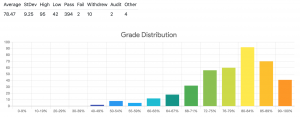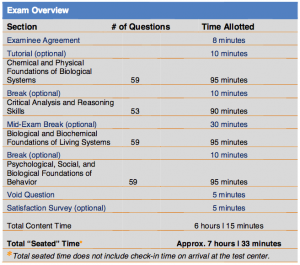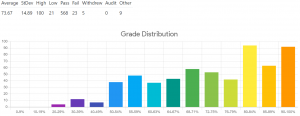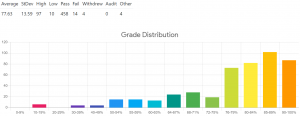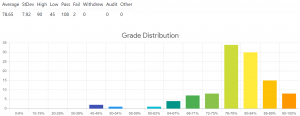Throughout your university years, you will undoubtedly be required to consult research articles for a paper. Although it’s tempting to just find an article that says what you need and throw in a citation, there are many situations where taking a more in-depth analysis of the paper will help your paper (and your GPA!).
SEARCHING FOR PAPERS
It can be difficult to find papers that match exactly what you’re looking for. Places to start include Google Scholar, UBC Library, or even the citations listed on Wikipedia or in other papers. As a student, you will have access to many journals through UBC Library, so this is often your best bet! Choose your keywords carefully, unless you know the exact paper or author you are looking for. On Google Scholar, you can use operators such as AND, OR, “” , and – to refine your search. This can make finding appropriate papers a lot faster and easier!
Once you find an article you really like, take note of the authors. Often the authors have done previous work on the topic, allowing you to focus in on related articles. Getting to know the key experts on your topic is essential to writing a great paper, as this gives your paper more credibility.
If you’re struggling to find relevant articles, consider looking at literature reviews. They might contain pertinent information, which you can then track down the source of this information, hopefully leading to a relevant article. Reading literature reviews also familiarizes you with the stakeholders and experts on your topic!
ANALYZING THE PAPER
Now that you’ve found an appropriate source that says what you need, you should also analyze it! Does it come from a reputable journal? How was the study conducted? How was the data collected and analyzed? Does the data support the authors’ conclusions?
This step is time-consuming, and often it will be impractical to you as a student to thoroughly analyze every paper you cite in your assignments. Things to look out for that will also affect how you talk about the paper include:
– inclusion/exclusion criteria
– sample size (Is the sample size large enough for statistical analyses?)
– blinding and controls (Is this a double-blinded randomized trial? If not, how are they controlling for extraneous factors and biases?)
– type of study (e.g. retrospective, experimental) (Is the author correct in inferring correlation = causation?)
– duration of study
– variables measured
– implications of the data
READING THE PAPER
Always start by reading the Abstract! This gives you a summary of the paper’s research question and findings, which saves you a lot of time in determining whether the paper is relevant. It’s okay to skip most of the Introduction if you’re familiar with the background knowledge of your topic; however, make sure to identify the knowledge gap, research question, and what they propose to do in order to answer this question.
I would then advise to skip to the Discussion to quickly find out if their efforts were fruitful, and the implications of their results. You can then go back to the Results section to determine whether you agree with their conclusions. Often times, there are specific details in the Results section that aren’t mentioned in the Discussion.
Reading the Materials and Methods section is often optional and depends on your needs. If you’re writing a paper about the latest scientific findings on your topic, you can probably just skim the section. This extends to literature reviews as well. However if you’re designing your own experiment, it’s often worthwhile to see how experts in the field approach similar experimental design.
We hope you found this article helpful! Happy lit. searching 🙂



